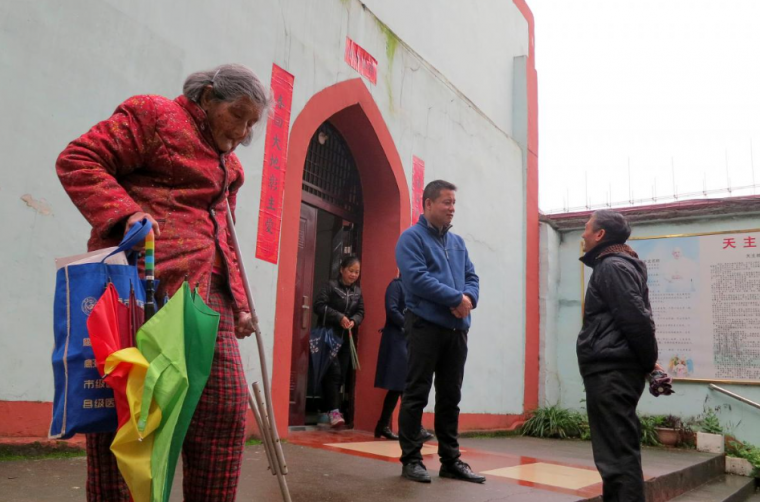Vatican and China renew agreement on bishops

An agreement between the Vatican and China on the appointment of bishops has been extended for another two years.
A Provisional Agreement was signed by the Vatican and Chinese government on 22 September 2018, allowing the Vatican to appoint bishops pre-approved by Beijing.
The agreement saw the Pope for the first time recognise the legitimacy of seven Chinese bishops appointed by Beijing without Vatican approval.
A communique from the Vatican on Thursday confirmed that the two parties have agreed to extend the "experimental implementation phase" of the agreement by another two years.
"The Holy See considers the initial application of the agreement - which is of great ecclesial and pastoral value - to have been positive, thanks to good communication and cooperation between the parties on the matters agreed upon, and intends to pursue an open and constructive dialogue for the benefit of the life of the Catholic Church and the good of Chinese people," the communique said.
Vatican Secretary of State Cardinal Pietro Parolin said he was "pleased" with developments but is hoping for "improvements regarding the functioning of the terms of the agreement".
"We do not think that the agreement can solve all the problems in China," he added.
"There are regulations that are imposed and that concern all religions, and certainly also concern the Catholic Church."
There are an estimated 12 million Catholic in China who are divided between an underground church loyal to the Vatican, and the state-supervised Chinese Patriotic Catholic Association.
Catholics, like other Christians in China, continue to suffer persecution and state interference, including raids and detentions.
A report earlier this year from US Congressional-Executive Commission on China concluded that Chinese Catholics have only suffered "increasing persecution" in the last two years since the original deal was signed.
Months before the Provisional Agreement was reached in 2018, China tightened its regulations on religious affairs to "curb extremism" and "resist infiltration".
The updated regulations banned unauthorized teaching about religion and going abroad to take part in training or meetings.
At the time of the 2018 agreement, Cardinal Joseph Zen of Hong Kong called it a "betrayal" and accused the Vatican of "selling out the Catholic Church in China".
An ongoing crackdown on churches in China has resulted in hundreds of church buildings being demolished or having their crosses removed.
Earlier this year, Human Rights Watch (HRW) said that the Chinese authorities "have shown no particular mercy towards Catholic clergy since the 2018 China-Holy See agreement", and called upon Pope Francis to "speak out against China's religious persecution".
"Clearly little has improved for millions of Catholics in China," HRW said.











